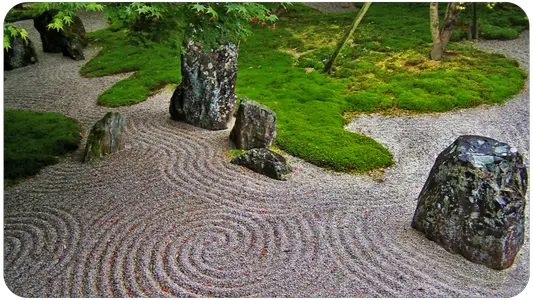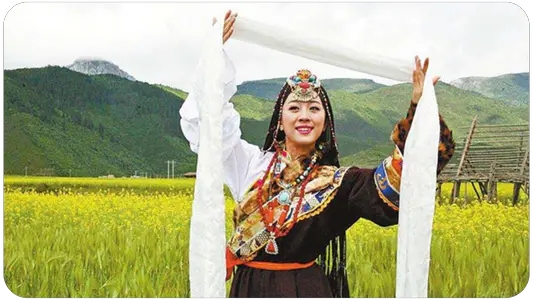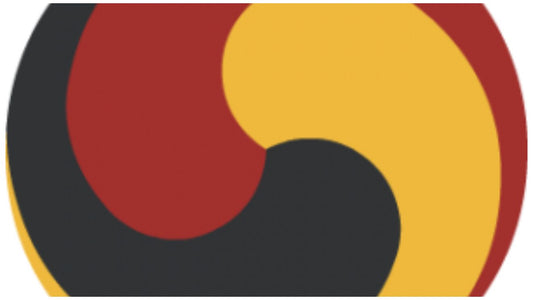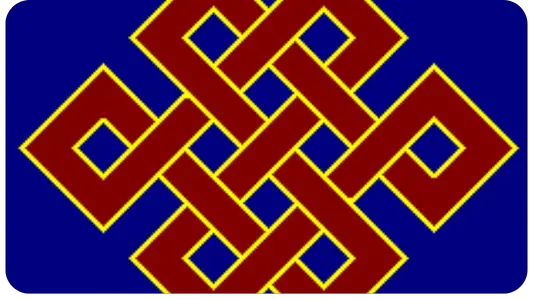Uposatha (Pali; Sanskrit उपवसथ upavasatha Upavasatha "fast day"; Thai: Wan Phra) is a Buddhist holiday, a day of inner contemplation, renewal of Dharma practice and observance of the Uposatha silas.
Uposatha Day occupies a significant position in Theravada Buddhism; in Mahayana Buddhism, Uposatha Days have little significance.
Origin
The term Uposatha comes from the Rig Veda. The ancient verses mentioned the Upavasatha, a day of preparation for the so-called Soma ritual, which was usually celebrated by fasting. These preparations were celebrated on the days of the crescent, full and new moon.
Even in pre-Buddhist times, non-Vedic sects used these days for gathering and contemplation to proclaim their dharma. At the suggestion of the Magadha king Seniya Bimbisara, the Buddha adopted this practice and ordered his disciples to gather on these days.
Calculation
The calendar of the Uposatha days is calculated according to a complex traditional formula, which is based on the lunar calendar (see: Thai lunar calendar). As a result, the calculated time does not necessarily correspond to the current astronomical constellations.
The different faith communities within Theravada Buddhism (see, e.g., Thammayut Nikaya) also have slightly different calculation formulas.
Roughly speaking, the Uposatha days fall on the full moon, the new moon, and the two crescent days that fall exactly in between. The interval between Uposatha days can be five, six, or seven days.
Practice
The Uposathas on the last day of each half of the month, that is, on the new moon or full moon day, are more significant than those in between. This is because on these days the bhikkhus additionally hold the Patimokkha celebration, i.e., recite the 227 training precepts as laid down by the Buddha.
On Uposatha days, the lay people observe not only the usual Five Silas, but the Eight Precepts of Virtue:
Do not kill or injure, do not take what has not been given, do not engage in false speech (i.e., do not lie, speak hurtfully, or cultivate empty talk), do not engage in sexual acts, do not take intoxicating substances, do not eat after the sun has peaked, do not engage in amusements (music/theater, etc.) or physical dressing up (jewelry, makeup, perfume, or the like), and do not sleep on high or wide beds or sleep more than necessary.
The purpose of this is to practice conscious, loving and mindful interaction with one's fellow ways as well as letting go of sensual things, and to concentrate entirely on studying Buddhist teachings and contemplation on this day, avoiding all possible distractions as much as possible.
If possible, the lay people use these days to visit their local monastery, listen to Dhamma lectures by the monks there, and meditate with like-minded people late into the night.
Today's situation
In the Theravada countries (Thailand, Burma, Sri Lanka), Uposatha Day used to be a work-free day. But due to the increasing Westernization, the Western weekend and thus the work-free Sunday has now gained a higher significance.
Although Theravada monasteries in Western countries have sometimes moved to schedule Uposatha days on a weekend so that more lay people can participate, the Patimokkha is still recited on the correct day.
Although traditionally it is often mostly only the elders of the community who gather at the monastery on Uposatha, this is precisely why this day has such an impact on religious life in the rural areas of the Theravada countries.
Special Holidays
There are several Uposatha days on the full moon that have special significance in the Buddhist calendar:
Magha Puja (usually in February) - sometimes called "Sangha Day" it commemorates the spontaneous, unarranged assembly of 1250 arahants before the Buddha. On this occasion, the Buddha delivered the Ovada-Patimokkha Gatha, a summary of the main points of his teaching.
Visakha Puja (usually in May) - also called "Buddha Day." It commemorates the birth, enlightenment and complete extinction (parinibbana) of the Buddha.
Asalha Puja (usually in July) - the "Dhamma Day" commemorates the Buddha's first speech to his followers in the deer park of Sarnath near Varanasi (now Benares) after he became enlightened.
Pavarana Day (usually in October) - marks the end of the three-month rainy season retreat (see Khao Phansa, Ok Phansa). The following month, new robes are given to the monks at the Kathina ceremony.
Anapanasati Day (usually in November) - At the end of the three-month rainy season retreat, the Buddha was extremely pleased with the spiritual progress of his monks that he proposed to extend this period of retreat for another month.
At the end of this month, on the full moon day, he presented his Anapanasati Sutta, "Mindfulness of Inhalation and Exhalation."
Comparison with other religions
Since Uposatha days are celebrated about every week, their function can be compared to Sunday in Christianity, or to the Sabbath of Judaism.
In Buddhism, the activities associated with Uposatha are always undertaken voluntarily. No one is condemned for not observing these days.





